The change into retirement poses significant challenges for dentists, often stemming from a lack of preparation and financial miscalculations. Many practitioners, accustomed to robust incomes, may find themselves unprepared for the realities of reduced earnings and escalating expenses in their post-career years. Additionally, unforeseen circumstances such as health issues or shifts within the dental industry can further complicate this process. Understanding the intricacies of effective financial planning and community support becomes essential in maneuvering this complex landscape. Yet, the implications of these factors extend far beyond mere finances, raising important questions about the future of dental professionals.
Key Takeaways
- Many dentists face unpreparedness for retirement, often leading to financial insecurity due to health issues or industry changes.
- High-income lifestyles create a false sense of security, making dentists underestimate the importance of early retirement planning.
- Passive income streams through strategic investments are crucial for financial stability after leaving the workforce.
- Rising living costs and inflation require proactive financial strategies and diversified income sources to maintain a comfortable retirement lifestyle.
- Building a supportive community and network can provide valuable guidance and mentorship during the retirement transition.
Retirement Challenges Faced by Dentists

Retirement is a significant change that brings both opportunities and challenges for dentists. Many practitioners face forced retirement due to health issues or changes in the dental industry, often leading to unexpected financial insecurity.
The high-income lifestyle that many dentists enjoy can create a false sense of security, making it difficult to prepare for this shift. As they approach retirement age, many find themselves unprepared, as their reliance on a steady income hampers their ability to plan effectively.
This lack of foresight can result in challenging circumstances, where retired dentists must grapple with diminished income and increased living expenses. To mitigate these challenges, early planning and asset acquisition are essential for moving smoothly into a financially stable retirement.
The Need for Financial Planning
Effective financial planning is essential for ensuring a secure future, particularly for dentists moving into retirement. Many professionals harbor investment misconceptions, believing that their high income will suffice for a comfortable retirement.
However, reliance on earned income can lead to financial insecurity when shifting out of the workforce. Instead, dentists should focus on creating passive income streams through strategic investments. This proactive approach allows them to make their money work for them, rather than trading time for money.
By prioritizing early asset acquisition and understanding the importance of financial independence, dentists can mitigate the challenges posed by rising living costs and inflation.
Ultimately, thorough financial planning is vital for achieving long-term stability and peace of mind in retirement.
Strategies for Acquiring Assets

Many dentists underestimate the importance of strategic asset acquisition in securing their financial future. A proactive approach to acquiring income-producing assets is essential for retirement stability.
Real estate investment stands out as a prime option, offering both recurring revenue and potential appreciation over time. Unlike operating a dental practice, real estate requires less active management, allowing for a smoother shift into retirement.
Outsourcing property management can further simplify this process, enabling dentists to focus on enjoying their newfound free time. Additionally, selecting assets that maintain value and generate passive income is critical for long-term financial health.
Building Community and Support
A strong community and support network play an essential role in the retirement shift for dentists. Engaging in networking opportunities allows dentists to connect with peers who understand their unique challenges, nurturing relationships that can lead to collaboration and shared knowledge.
Additionally, mentorship programs provide invaluable guidance from seasoned professionals who have successfully navigated the retirement change. These mentors can share experiences and strategies, helping less experienced dentists avoid potential pitfalls.
Frequently Asked Questions
What Are the Emotional Challenges of Retiring as a Dentist?
Retiring can evoke significant emotional challenges, including a profound loss of identity as professional roles diminish and a pervasive fear of change, complicating the shift to a new lifestyle outside of clinical practice.
How Can Dentists Evaluate Their Retirement Readiness?
To evaluate retirement readiness, conduct a thorough financial assessment, identify necessary lifestyle changes, and establish passive income strategies. This proactive approach guarantees a secure shift, allowing for a fulfilling and financially stable retirement phase.
What Role Does Healthcare Play in Retirement Planning for Dentists?
Healthcare plays an essential role in retirement planning, as rising healthcare costs can greatly impact financial stability. Dentists must carefully evaluate insurance options to guarantee adequate coverage, protecting their assets during retirement and mitigating unforeseen medical expenses.
Are There Specific Retirement Plans Suited for Dental Professionals?
Research indicates that 60% of dental professionals lack adequate retirement savings. Tailored retirement plans, including dental partnerships and investment strategies, are essential for securing financial stability and ensuring a comfortable retirement for these practitioners.
How Can Dentists Maintain Their Professional Identity After Retirement?
Maintaining a professional identity after retirement can be achieved through engaging in professional hobbies and community involvement. These activities allow retirees to stay connected, share their expertise, and nurture relationships, enhancing their sense of purpose and fulfillment.
Conclusion
The shift into retirement for dentists requires careful navigation through financial challenges and lifestyle adjustments. Without thorough planning, the golden years can quickly turn into a financial minefield, catching even the savviest practitioners off guard. By prioritizing effective financial strategies, acquiring valuable assets, and nurturing community support, dentists can change potential struggles into opportunities for a fulfilling retirement. Ultimately, a proactive approach to retirement planning is not just beneficial; it is essential for achieving enduring financial security and peace of mind.


